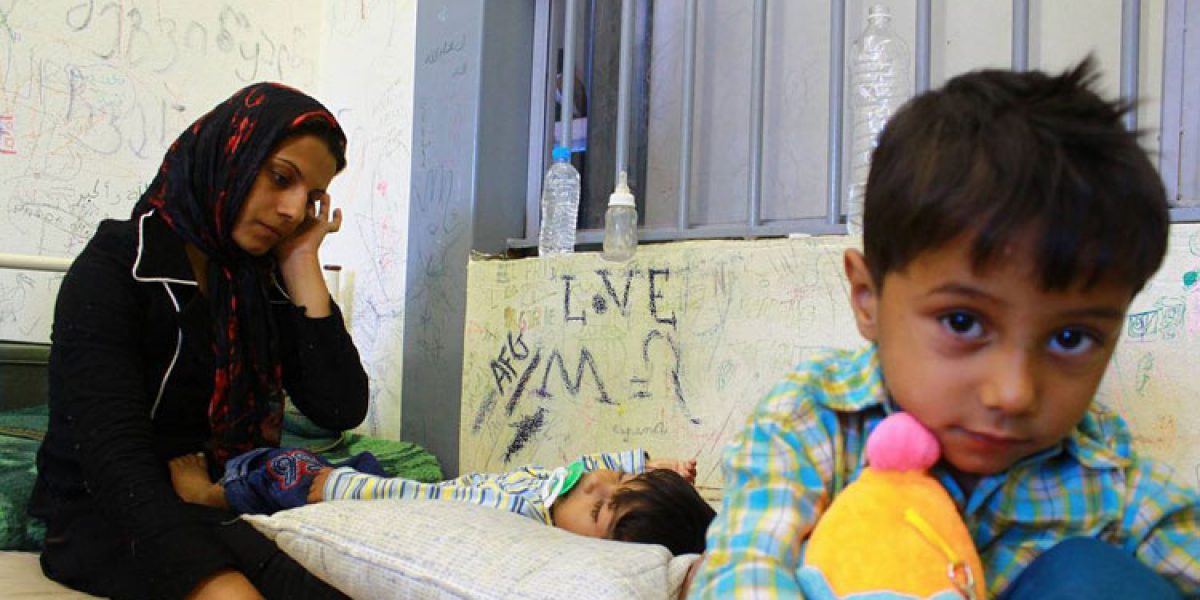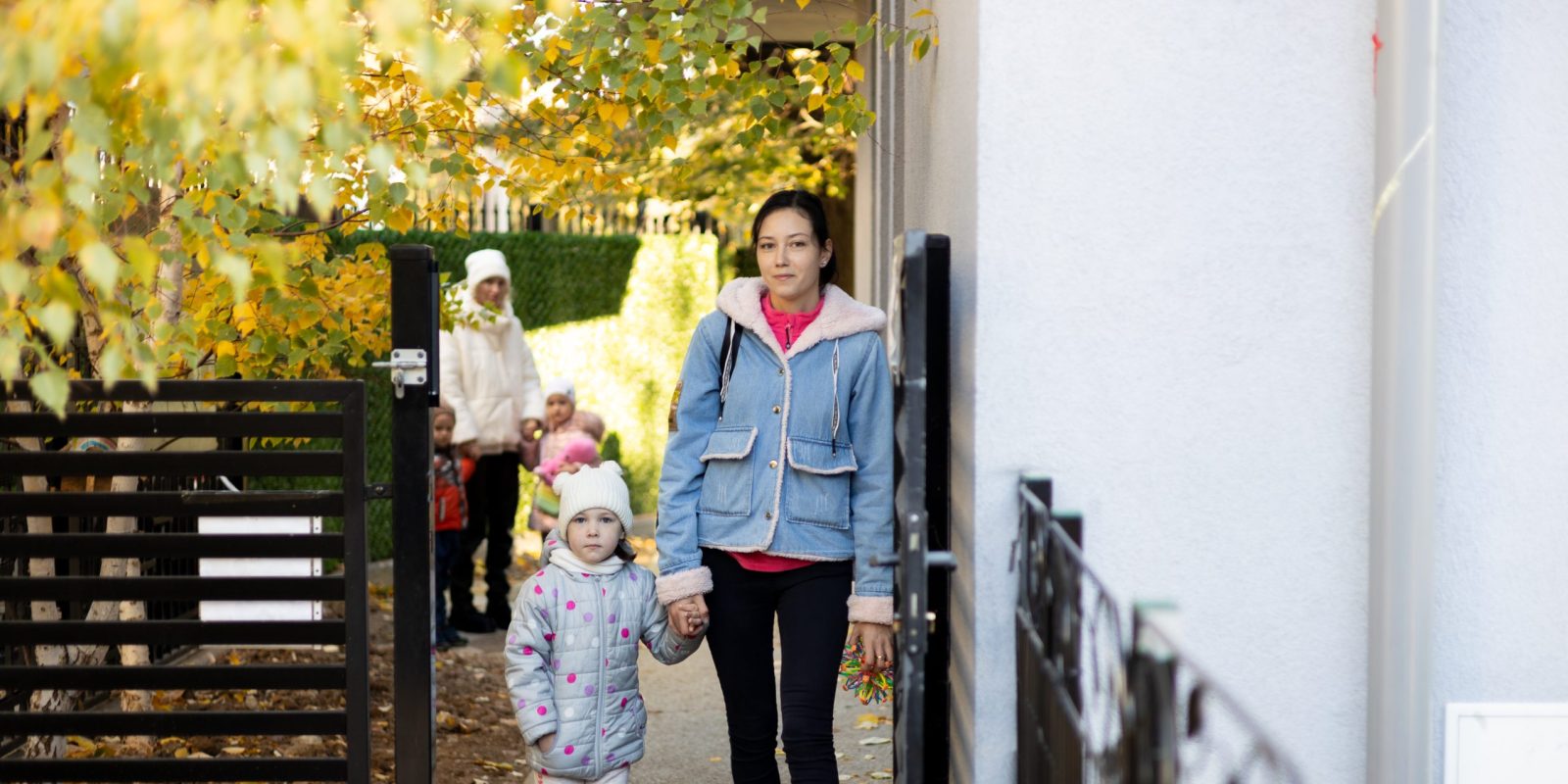
Luxembourg, 17 July 2014 – The Court of Justice of the European Union (‘the Court’) has ruled that migrants must not be held in prison pending their removal if a Member State has a specialized detention centre in any part of its territory.
European Union law (here the Return Directive) provides that any detention of a third-country national pending removal must, as a rule, take place in a specialised facility and can take place only on an exceptional basis in prison accommodation, the Member State then having to ensure that the third-country national is kept separate from ordinary prisoners.
In Germany the federal states (Länder) have the competence to decide on the details of detention. Some Länder do have specialized facilities, others put migrants in prisons.
In three cases where migrants were held in prisons pending their removal, the Court judged this practice to be a violation of EU law. A Member State which has a federal structure must ensure that the competent authorities always provide accommodation for third-country nationals in specialised detention facilities. If the federal state in question does not have such facilities it may transfer migrants to a federal state which does.
While this may appear to be a problem of German federalism, the Court’s decision is important for other EU Member States as well. The Court observes that the obligation to keep irregularly staying third country nationals separate from ordinary prisoners is not just a specific procedural rule. As the General Advocate, Yves Bot, has argued, the fundamental rights of the detained migrants require that they are not simply held under the same conditions as criminals. Instead, the design and arrangement of the detention facilities must avoid giving the impression of a prison environment. Detained migrants must not be subjected to the same restrictive regulations that would apply in prisons.
“It is not sufficient if a member state just labels a facility a Detention Centre,” says Stefan Kessler, Senior Policy Officer of JRS Europe. “Detention conditions must fundamentally differ from those in prisons. Restrictions that apply to detained migrants must never be the same as those applied to criminals.”
More information on the decision is available here.
Restrictions that apply to detained migrants must never be the same as those applied to criminals.

